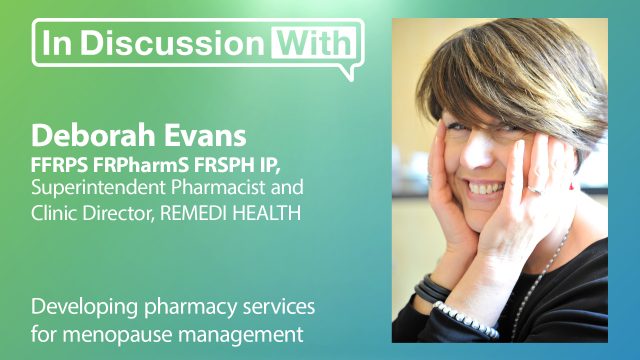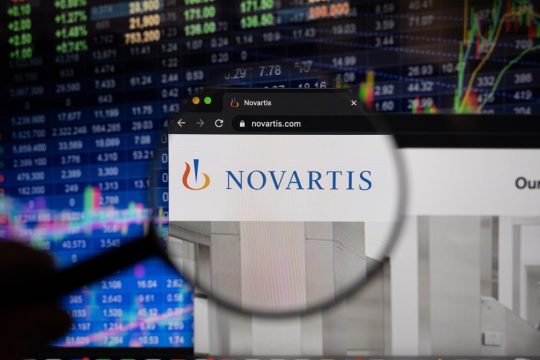Advertisment
Covid conspiracies: social media fatigue linked to misinformation

The spread of false information and conspiracy theories accelerated during the peak of the COVID-19 pandemic. Inadvertently inaccurate, and some deliberately misleading, ideas were widely shared on social media channels on topics ranging from the origin of the SARS-CoV-2 virus to the safety of vaccines.
Researchers at Nanyang Technological University, Singapore, set out to understand why COVID-19 misinformation thrived and who was most likely to spread it. In an eight-country study published in the journal Scientific Reports, they revealed that those who say they are tired or overwhelmed by social media are likelier to believe in misinformation and share it online. They also found a link between narcissistic individuals and engagement with ‘fake news’.
Surveying 8,000 people in Singapore, the United States, Malaysia, China, Thailand, Vietnam, Indonesia, and the Philippines, researchers asked participants to assess their social media fatigue. Respondents were then asked to rate the accuracy of a series of false claims about COVID-19, presented in the form of a social media post – and to say how likely they were to share these claims with others. For example, “Coconut is effective in reducing COVID-19 symptoms” and “COVID-19 vaccinations are dangerous and ineffective against Omicron variants.”
Participants were assessed for cognitive ability through a 10-item vocabulary test that is strongly associated with general measures of intelligence and is used frequently in scientific research as a proxy to examine intelligence. They were also evaluated for behavioural traits that suggest narcissism through a personality inventory test.
Cognitive skills determine an individual’s ability to analyse information critically. Narcissism is characterised by an increased desire for attention, admiration, and feelings of uniqueness, which may increase an individual’s propensity to share misinformation.
‘Social media fatigue creates an information overload that hampers the cognitive judgment of social media users,’ said Assistant Professor Saifuddin Ahmed from NTU Singapore, who led the study. ‘In such circumstances, individuals become overwhelmed and struggle to critically evaluate the misinformation they encounter, whether it pertains to COVID-19 or other topics.’
He also highlighted the role of social media algorithms which prioritise controversial, sensational, and emotionally charged content. ‘Being exposed repeatedly to such content may cause individuals to perceive it as accurate.’
The need to gain attention or social influence without critical thinking can combine to increase the chances that an individual will share alarming content, even if it is not true. ‘This tendency to share misinformation is particularly relevant for misinformation that is often characterised by sensational and controversial content eliciting strong emotional reactions from the audience,’ he said, adding that excessive fatigue may also amplify impulsivity among low cognitive narcissists.
The researchers said the findings show the need for a multi-pronged solution to medical misinformation, involving regulations to restrict the spread of false content and raise digital literacy, as well as interventions aimed at reducing social media fatigue.
‘Through our study, we have shown that individuals can unintentionally contribute to disseminating misinformation due to their cognitive ability and ‘dark’ personality traits such as narcissism. Such insights could be leveraged to shape preventive measures, emphasising the importance of social media literacy and initiatives to mitigate social media fatigue.’





